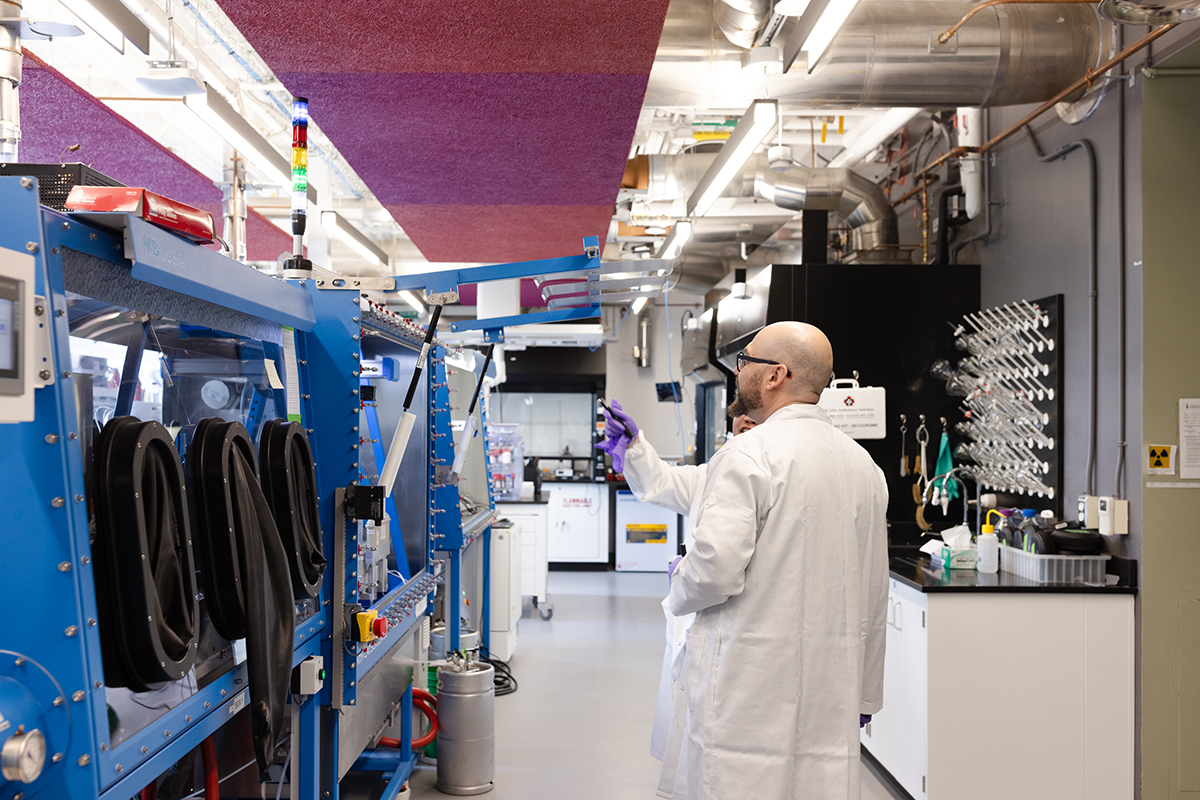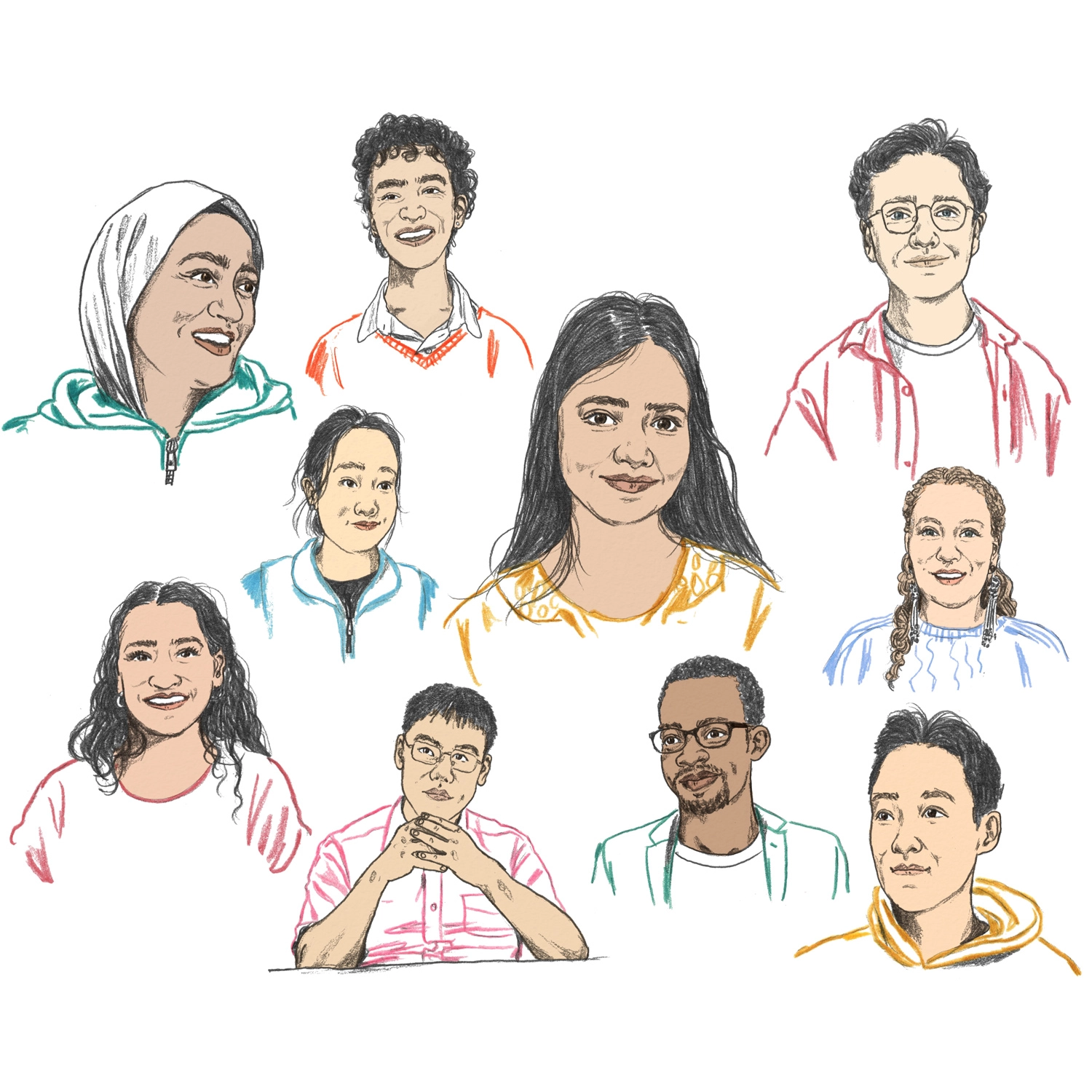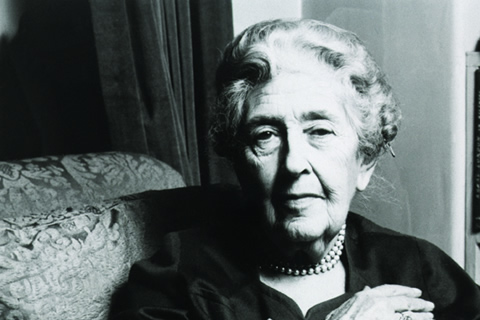The great challenges of the 21st century are becoming increasingly urgent. From climate change and renewable energy to antibiotic resistance and drug discovery, we need solutions – and we need them now.
But ours is also a time of incredibly rapid change, in both technology and society. So we also need thoughtful, careful solutions that will truly serve human ends. And given the complexity of the challenges before us, we need to bring together knowledge and insights from across multiple disciplines in finding those solutions.
It’s a tall order, but there is hope. And the University of Toronto community is helping to lead the way.
In 2021, we established the Acceleration Consortium as an institutional strategic initiative – a U of T-led global collaboration with partners in academia, industry and government. Based on the concept of “self-driving labs,” the consortium is harnessing the power of artificial intelligence, robotics and advanced computing to turbocharge the discovery of new molecules and materials.
The consortium’s goal is to achieve breakthroughs in everything from cancer treatments to low-carbon construction materials in a fraction of the time and at a fraction of the cost involved in traditional research and development. And to ensure that both the process and the results will be ethical and sustainable, the consortium includes top experts from the humanities, social sciences and professions, in addition to world leaders in science and technology.
This exciting initiative builds on a series of strategic decisions to leverage U of T’s academic strengths and its distinctive capacity to address emerging, multidisciplinary challenges. The consortium’s inaugural director, Professor Alán Aspuru-Guzik, is a pioneering scientist who was recruited to U of T from Harvard in 2018. He is the Canada 150 Research Chair in Theoretical and Quantum Chemistry, and holds a chair at the Vector Institute. The consortium’s scientific leadership team includes Professor Michelle Murphy, Canada Research Chair in Science and Technology Studies and Environmental Data Justice, who brings an Indigenous and feminist perspective, and Professor Avi Goldfarb, the Rotman Chair in Artificial Intelligence and Health Care, whose work focuses on the digital economy.
Our foresight and strategy have been rewarded. Earlier this year we were delighted to learn that the Acceleration Consortium was awarded the largest research grant in Canadian history – $200 million, from the federal government’s Canada First Research Excellence Fund. Since then, we’ve been recruiting a group of highly skilled researchers to help realize the consortium’s enormous potential.
This is a signature achievement for the University of Toronto – no other institution in the world is better positioned to take the lead on such an initiative. It’s also a powerful new reason for hope, as we look ahead to our third century of learning, discovery and innovation.






